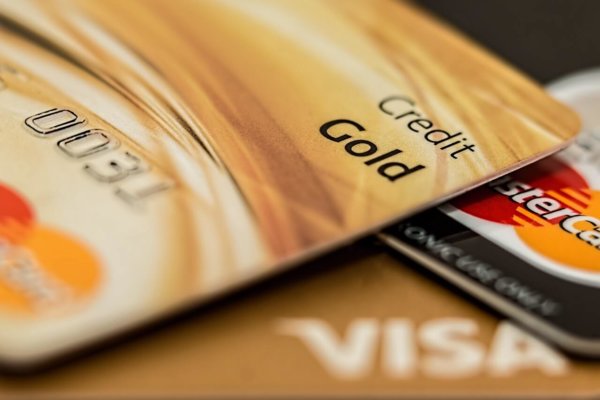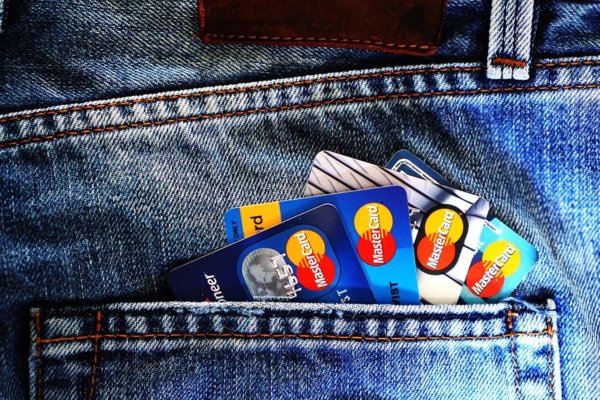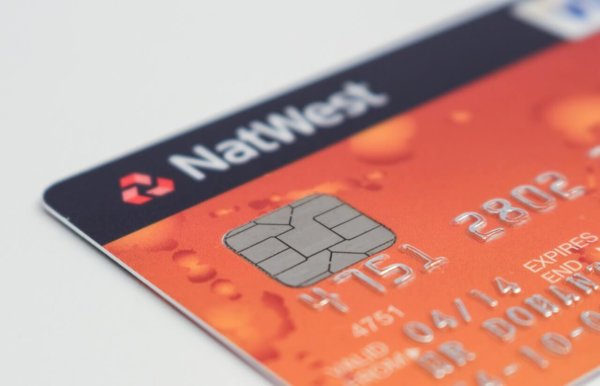How To Pay Off Credit Card Debt
How much does it cost to pay off credit cards? How long would it take to get out of debt? What are some ways to save money?
Credit cards are a great way to build credit history and earn rewards points. They also provide convenience for everyday purchases. Unfortunately, they can be expensive, especially if you carry a balance or spend too much each month.
You can reduce the amount of interest you pay by paying off your balances every month. If you don’t want to pay extra fees, consider using cash back credit cards instead. These cards offer higher rewards without additional charges.
If you have multiple credit cards, use them all to their fullest potential. This will help you reach your goal faster. Paying with one credit card at a time may not seem like a big deal, but over time this could add up to thousands in unnecessary fees.
Keep on reading to find out how to pay off credit card debt.
Also read: Avoid Capital Gains Tax

Why Should I Pay Off My Credit Card Debt?
It is important to pay off your credit card debt for obvious reasons. The first reason is that it helps build credit history. As we mentioned before, having good credit history is essential when applying for loans such as mortgages, car loans, student loans and more. It shows lenders that you are responsible enough to handle financial obligations on your own.
The second reason why you should pay off your credit card debt is because it saves you money. When you do not pay off your credit card bill, you are making an agreement with the lender to borrow money. In return, you agree to pay a certain percent of the total amount borrowed plus interest.
Also read:How To Write A Check
How Much Does It Cost To Pay Off Credit Cards?
The average APR on an unsecured personal loan is around 15 percent. To calculate how much it costs to pay off credit cards, multiply the total outstanding balance by the APR.
For example, let's say you owe $5,000 on three credit cards that charge 18 percent APR. You'd need to make monthly payments of $50 per month for 30 months to pay off the debt completely. That works out to about $1,500 in total payments.
To avoid incurring any hidden fees, always pay your bill in full when due.
Also read: What a PPP Loan is
How Long Would It Take To Get Out Of Debt?
It depends on what type of credit card you have. Some cards require you to pay off the entire balance each month while others allow you to spread the payment over several months. The longer you wait to pay off your credit card, the more interest you'll accrue.
The first step is to determine how many months it will take to pay off your current debts. You can calculate this number by adding together the total amount owed on your credit cards, loans, student loan, etc., then dividing that figure by 12. For example: $5,000 divided by 12 equals $417 per month.
Once you know how long it will take to pay down your debt, divide that number by your minimum monthly payment. For instance, if it takes two years to pay off your debts, then you would divide 2 years by $417 (or $871) which equals 5.3 months.
It takes 21 days to close a revolving account (credit card) and 45 days to close a non-revolving account (checking).
Also read: How you can Calculate Retained Earnings

What Are Some Ways To Save Money?
Pay down high-interest debt first.
Make sure you're only carrying a single credit card.
Use cash back credit cards.
Don't apply for new credit until you've paid off old debts.
Don't forget to check your statements regularly.
How Do I Find Out My Current Credit Score?
Your credit score is calculated based on information found in your financial records. Your credit report contains details about your past activity as well as your current status. Your credit score is determined from these reports.
Your most recent credit report should include your credit utilization ratio -- which measures the percentage of available credit used compared to the maximum available credit. A low credit utilization ratio indicates responsible spending habits.
In addition, your credit score is calculated based upon other factors including:
Payment history
Length of credit history
Types of credit used
Amounts owed
Types of credit used
Lenders typically look at the types of credit used to determine your risk level. For instance, someone who has never borrowed money before would likely receive a lower credit score than someone who has made many small purchases with a credit card.
How Do I Improve My Credit Score?
There are several proven ways to improve your credit score.
Keep your credit utilization ratio below 30%.
Make at least two minimum monthly payments every month.
Avoid late or missed payments.
Don't carry a balance on your credit cards.
You can get special apps to see how your credit score is doing, and things to help improve it.
Also read:How Is Net Worth Calculated?
How Can I Lower My Interest Rate?
Lowering your interest rate can be done through refinancing. Refinancing involves taking out another mortgage on your home. By lowering your interest rate, you'll save money in the long run because you won't have to pay so much in interest.
Another way to reduce your interest rates is to consolidate your credit card balances into one loan. This will help you get rid of all those pesky little charges and keep your interest rates low.
How Much Will It Cost Me To Consolidate My Debts?
The cost of consolidating your debts varies depending on the amount you borrow. If you borrow less than $10,000, the cost may not exceed 1% of the total amount. But if you borrow more than $100,000, the cost could be 2% or more.
To calculate how much consolidation costs, simply multiply the principal amount by the interest rate. For example, if you borrow $5,000 at 10%, the cost is $50. If you borrow $1,000 at 15%, the cost is $150.

When Should I Consolidate My Debt?
Consolidation is usually recommended when you are paying too much in interest and want to avoid paying any fees. However, some people choose to consolidate their debt after they've already been charged a fee.
If you are considering consolidating your debt, it's important that you understand what type of loans you currently have. You might be able to refinance your existing loans to take advantage of lower interest rates. Or you might be eligible for a new loan that offers lower interest rates.
Final Thoughts
Hopefully, this article helped answer some questions about credit card loans and credit reports. The next time you think about using your credit card, consider what you have read here, especially if you are in credit card debt.
Are you interested in creating high-quality pay stubs that are a breeze to generate? Then check out the paystub creator and get started today!
Thanks for reading!
 Our customer support is available 24/7:
Our customer support is available 24/7:

